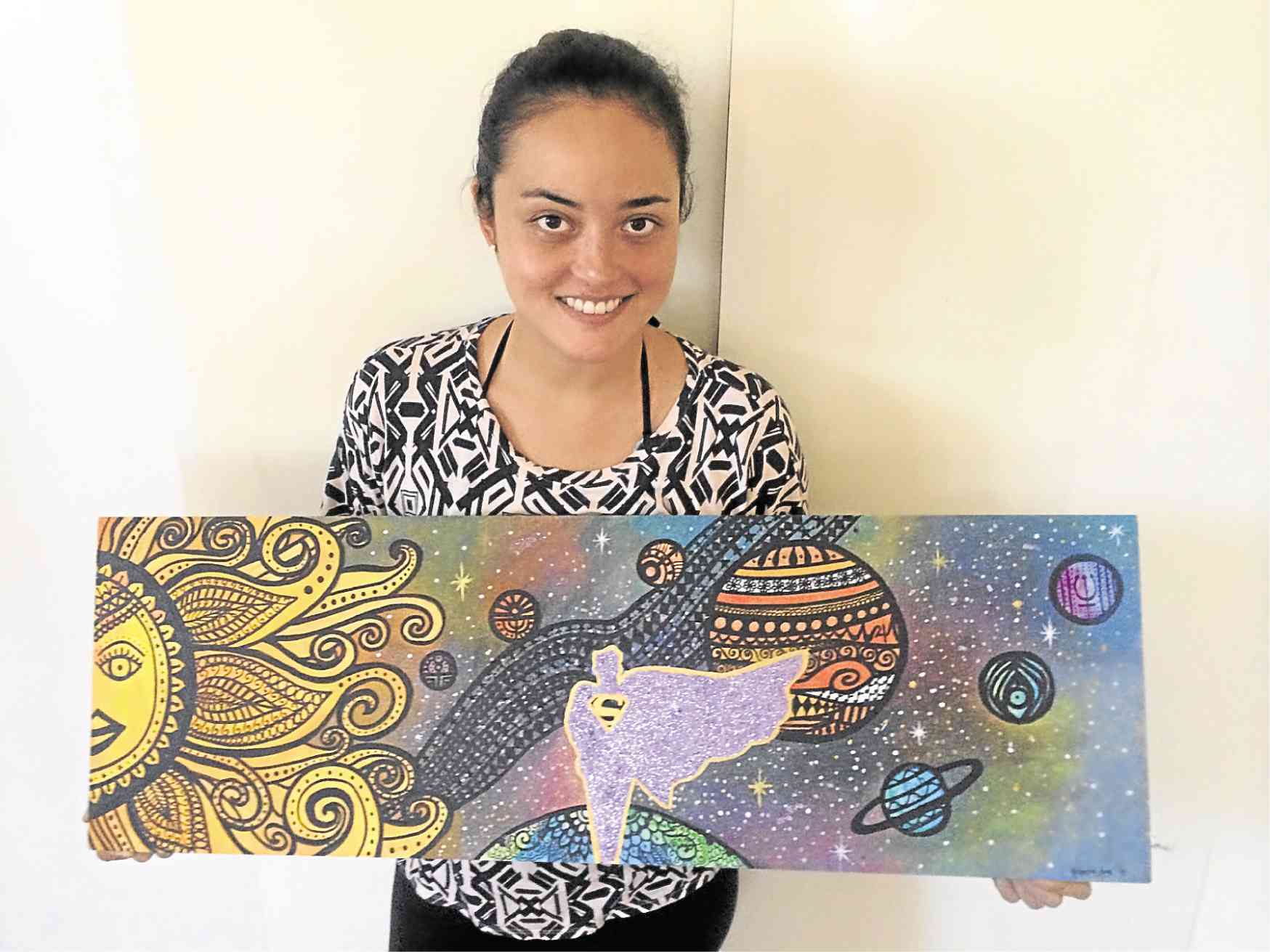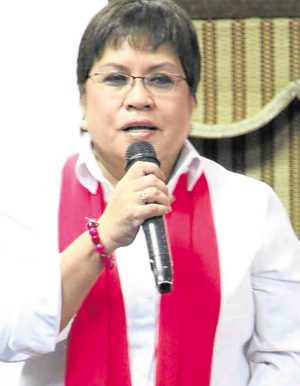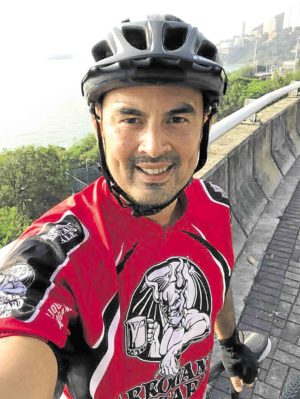How to stop predators in show biz
Actress-host Kat Alano, one of the few local celebrities who have come forward to recount her own experience with rape, is keenly aware of the legal ramifications of the issue—both the remedies the law offers and the limitations it imposes.
In the Philippines, she pointed out, “money and connection” help abusers “get away with bad behavior.”
Moreover, there was a time when the law was not on the victims’ side. “Our law used to state that rape was a crime against chastity,” she explained. “If you were not a virgin, it was [usually] considered your fault that you had been raped.”
In 1997, the law was amended to state that “rape is a human rights violation and therefore a crime against humanity,” she related. However, “some people, even some lawyers and judges, are not yet aware that the law has been changed.”
Lawyer Lorna Kapunan said that RA 8353, or the Anti-Rape Law of 1997, provides enough protection. “With the revised law, rape is now a crime against persons. So a plaintiff can be male.”
The definition of rape was expanded, as well: “It doesn’t have to be a penis; it can be any instrument. It doesn’t have to be the vagina; it can be any orifice,” the lawyer clarified.
While the law is sufficient, a survivor still needs to overcome “cultural” hurdles.
Prevalent victim shaming
“Victim” shaming is still very much prevalent in our society. “A rape victim is perceived as being at fault for drinking, dressing provocatively or for hanging out with men late at night. It’s a dangerous and outdated mentality,” Alano said.
Kapunan agreed: “Complainants are afraid of the stigma. They are scared of losing their jobs.”
Kapunan told the Inquirer: “They should avoid the term ‘victim.’ Instead they should call themselves survivors … to feel empowered and to show the world that they are not weak.”
Recently, a video went viral of a radio commentator ridiculing a man who had complained of unwelcome sexual advances from a military officer. Instead of showing compassion, netizens showered the complainant with all sorts of demeaning comments online.
“I’d like to emphasize that this issue is not just about women’s rights; it’s about human rights,” Kapunan stated.
Power, not sex
Sexual harassment, the lawyer said, “is not about sex; it’s about power.”
Alano told the Inquirer that “75 percent of rape victims are children”—the most vulnerable members of our society.
She said “many survivors are living in silence, fear and trauma.” Alano acknowledged that there is a need to “educate people that they have rights and that rape is wrong and never a plaintiff’s fault.”
When Alano coined the hashtag “OrasNa” for her short video on rape culture, she meant it was “time to shine a huge light” on the issue. “Our country needs a chance to heal. Survivors need a chance to be heard. We all deserve the chance to fight this evil that has been victimizing our people for far too long,” she said. “We have nothing to lose from listening to people’s stories.”
Hans Montenegro, the model who survived abuse in his teens and has since become an HR professional, opined that an imbalance in the power structure in the entertainment industry has led to cases of abuse and exploitation.
He firmly believes that it takes political will to curb abuse and harassment in the workplace.
“We need our most senior leaders to deliver a very strong message that any form of discrimination will not be tolerated and will be dealt with severely.”
It’s all about leadership by example, he reiterated. “It has to come from the top. This has to be lived and modeled by people in leadership roles. There needs to be an unprecedented amount of transparency with all dealings, meetings and interactions.”
As a matter of company policy, “there should be several channels for people to report abuse—whether openly or anonymously. And that process needs to be clear and easy.”
Lastly, Hans is uncompromising in saying that rape is no laughing matter. “These stupid rape jokes and other sexually inappropriate comments made by politicians and personalities need to be condemned in the workplace. We cannot control those people, but our workplace is where we spend most of our time. We should never be made to feel unsafe in our own workplace.”
Alano asserted that her ultimate dream is to “create a safe Philippines, where victims will feel protected” and rapists, well, the opposite, “that they can no longer abuse other people.”
Kapunan said it’s vital for “survivors” to seek out others who had similar experiences.
“There is strength in numbers,” Kapunan remarked. “There are NGOs that support women and other survivors.”
Education is key, the lawyer said. Gender equality “should start at home.” A child should not be limited by antiquated gender roles. “That girls should do house work, while the boys watch television.” Girls should be raised to feel empowered, that they are talented and strong enough, not to be cowed by harassment, she said.
Kapunan has met with a group of women who are planning to speak up on this issue soon. “They are not only from show biz, but from other fields, too. It’s a lot like the #MeToo movement in the United States. This is a very powerful group.”

















